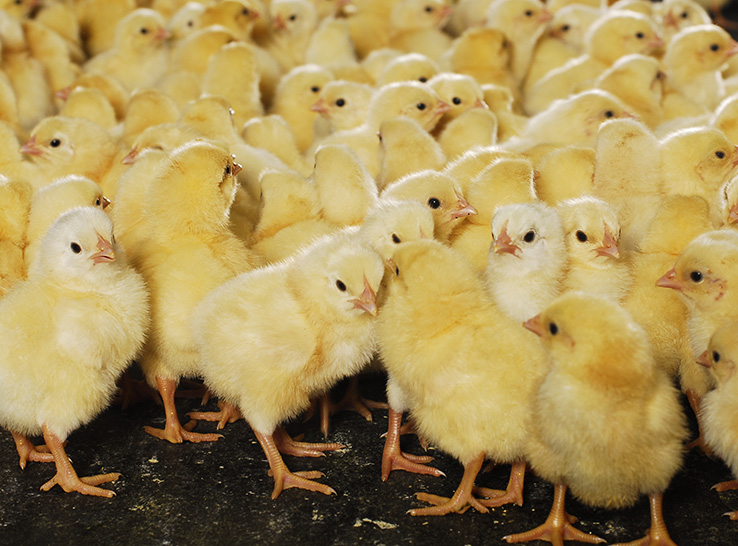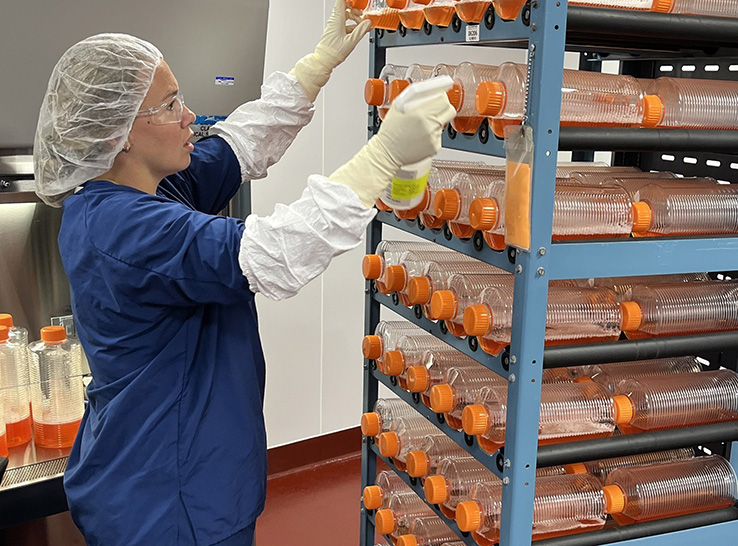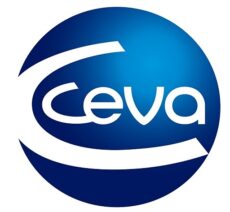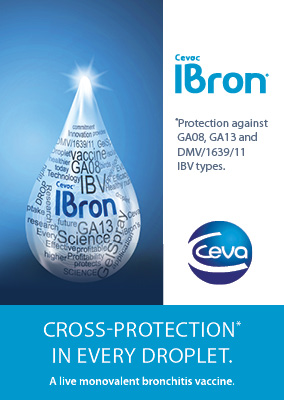Ceva Animal Health has started antigen production for an experimental autogenous vaccine to fight the emerging avian metapneumovirus (aMPV) disease.
Since November 2023, aMPV has caused significant losses in the US turkey, broiler and layer industries. The virus primarily affects the upper respiratory tract in birds of all ages. With no commercially licensed vaccines available in the US, the disease has spread unchecked.
Earlier this year, the Center of Veterinary Biologics (CVB) issued Notice 24-10, requesting interested parties to apply for experimental autogenous-vaccine production authorization. Ceva received authorization from CVB to ship a Type B isolate to its autogenous production facility in the middle of July 2024.
“As the biggest supplier of autogenous vaccine to the poultry industry in the US, Ceva is focused on providing vaccine solutions for all segments of the poultry industry. This situation demonstrates the reason for having the capability to produce autogenous vaccines,” said Gary Baxter, VP, Ceva livestock sales and marketing.
“Ceva’s Support Services & Investigation Unit (Ceva SSIU) has been focused on diagnosing and isolating the virus. Our team has prepared isolates from these cases and is now producing antigen for this experimental autogenous vaccine.”
Significant milestone
To reach this significant milestone Ceva had to go through extensive scientific processes and regulatory discussions.
Ceva SSIU has received 81 diagnostic cases since January. Ten meaningful viruses were isolated from these US cases. The team was able to grow six successfully, leading to candidates for experimental autogenous-vaccine production. Currently one Type B isolate is in the antigen-production stage at Ceva’s Verona, Wisconsin, autogenous production center. Ceva also has one Type A isolate ready to be transferred in the coming weeks, pending regulatory approval.
Ceva is currently preparing the necessary quality framework for vaccine production. Additionally, the company is completing necessary processes to distribute the experimental vaccine following serial release and using the existing CVB’s 103.3 framework.
“We are so excited to announce that we have commenced production of our first batch of antigen,” Baxter said. “Pending the passing of the rigorous quality-control checks necessary in our autogenous production process, a finished product should be available in about 8 weeks.”
Once Ceva’s regulatory team receives the approval to proceed with the Type A isolate, it will be moved into production to provide a bivalent product to the industry as soon as possible. This will improve the chances of successfully combatting the disease.
Editor’s note: Content on Modern Poultry’s Industry Insights pages is provided and/or commissioned by our sponsors, who assume full responsibility for its accuracy and compliance.








